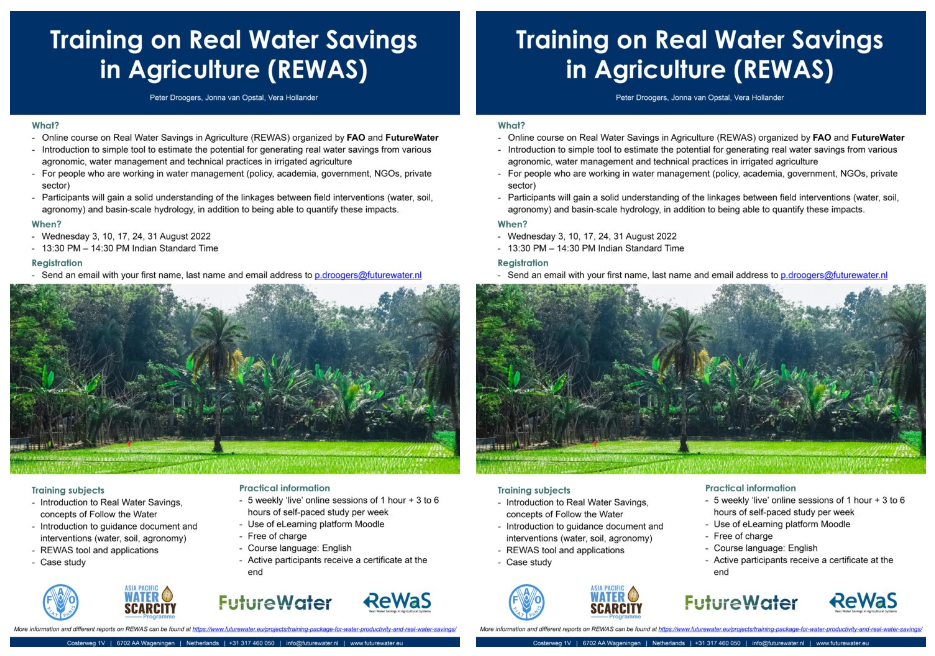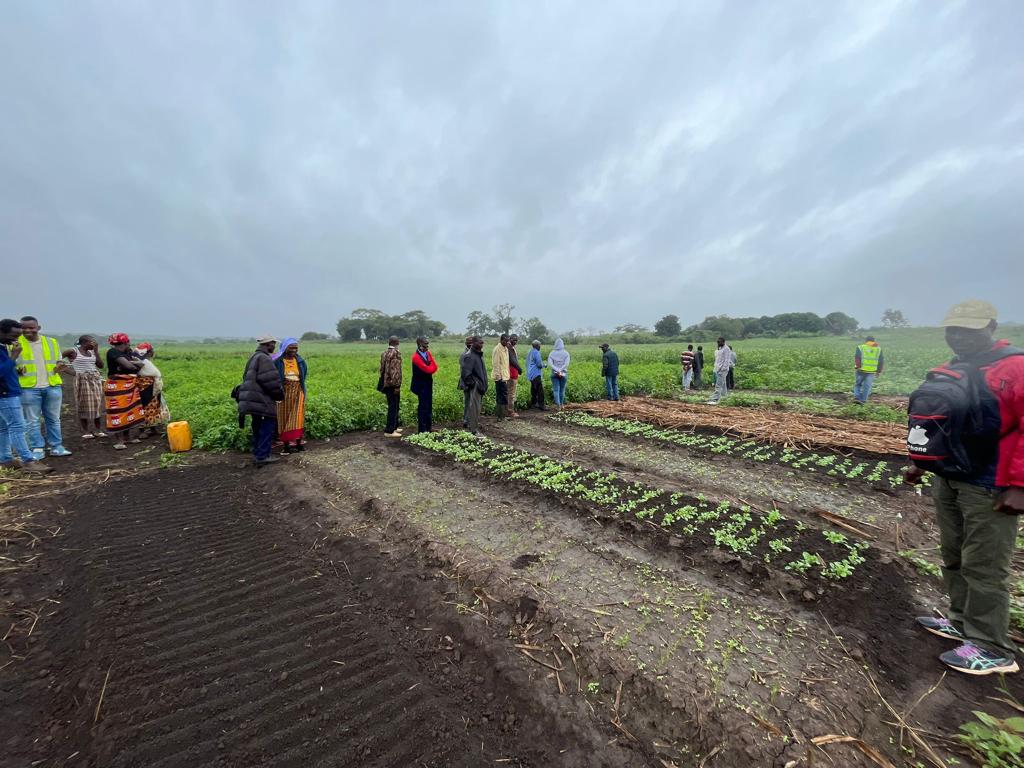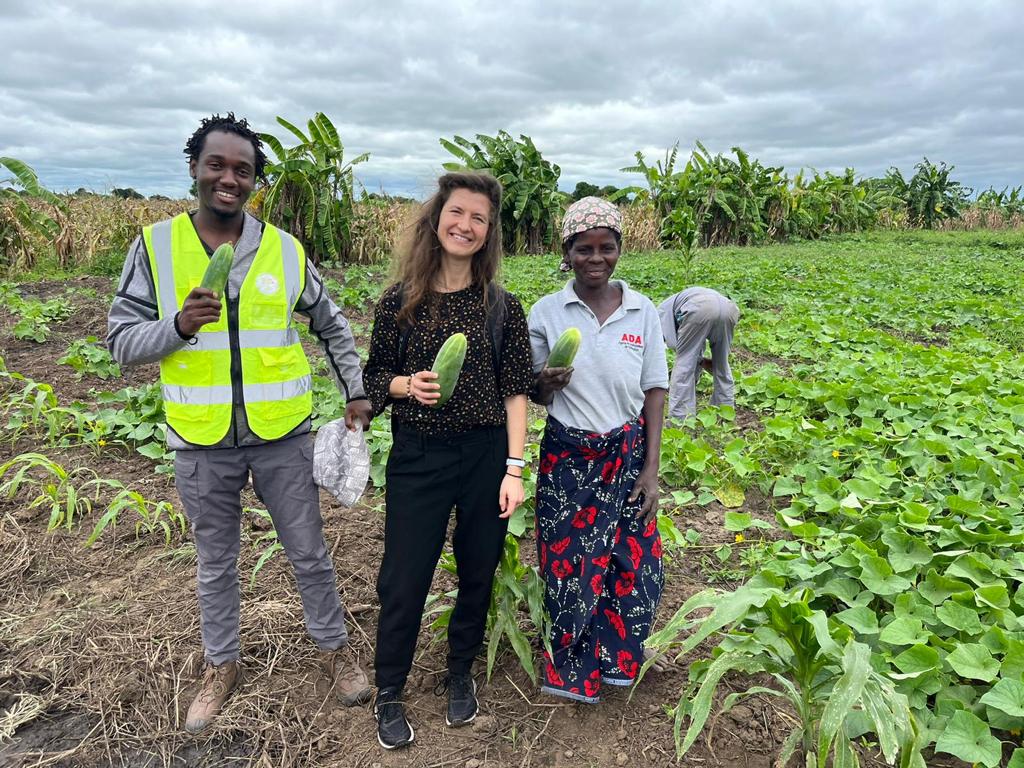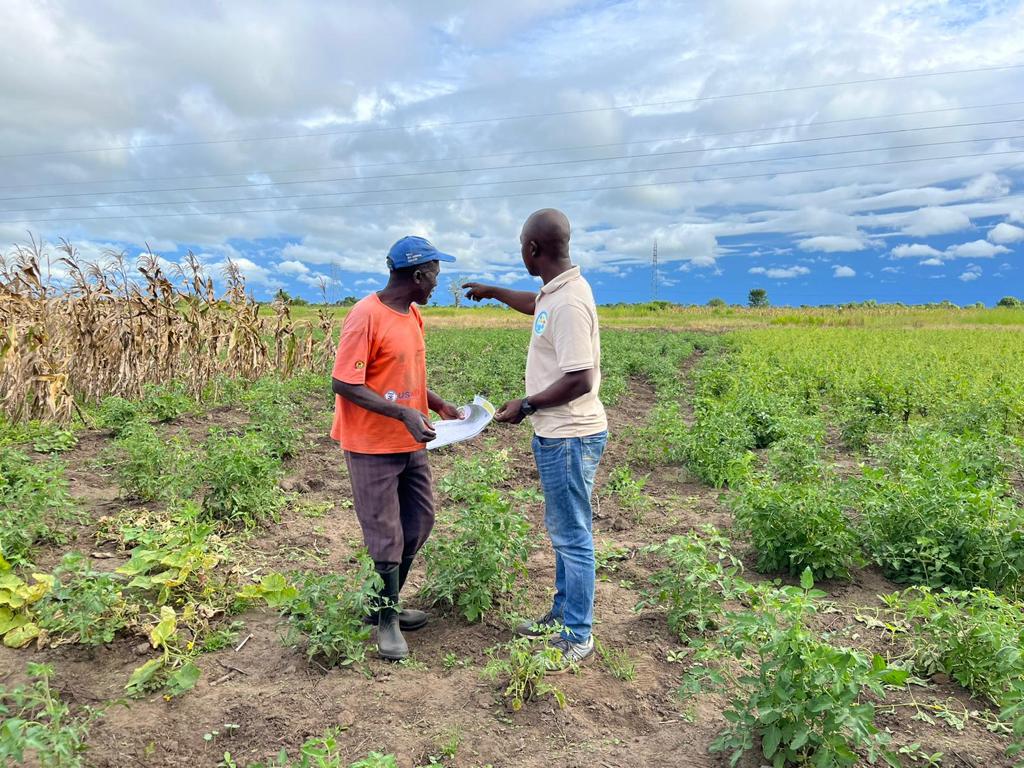Over the last months, FutureWater developed and launched its What-to-Plant application for the Mavo Diami project in Angola. The What-to-Plant service from FutureWater provides planting advice to farmers for the upcoming crop season, so that farmers can anticipate on which seeds to buy. The consortium will continue with keeping services operational so it can be used in Angola and exploit relevant opportunities to increase the added value for the smallholders.
This Geodata for Agriculture and Water (G4AW) project started in 2019 to improve sustainable food and income security for smallholder farmers in Angola, by accelerating their agri-business performance through informed decisions supported by the Mavo Diami services built on weather, soil and crop signals and other relevant data and indicators. The project was carried out in a consortium with World Vision, eLEAF, Weather Impact, Aequator, GaiaVision and KRES.
The partners developed various microservices, such as a meteorological forecast application, a rain season indicator and weather suitability predictor by Weather Impact, the What-to-Plant application by FutureWater and the When-to-Plant application by eLEAF. All microservices where validated by three different validation tests. Local implementation was assured by training several hundreds of extensionists, responsible for onboarding new farmers and providing them with valuable information from the Mavo Diami service. The What-to-Plant service from FutureWater provides planting advice to farmers for the upcoming crop season, so that farmers can anticipate on which seeds to buy. With this service, farmers get an insight on which crops are suitable for planting or not. To provide this advice, land suitability maps for several crops are calculated, based on remote sensing, historic data and a range of parameters such as historic temperature and rainfall, soil hydraulic properties, cropping calendars and the Normalized Difference Vegetation Index (NDVI). These land suitability maps provide a number from 0 to 1 for every pixel for the crop modelled, with 0 being unfit to plant and 1 being very good to plant. With the seasonal weather forecast input provided by Weather Impact, the modelled land suitability maps can be turned into a monthly what-to-plant advice, thus giving information if a crop is suitable or not for the coming three months based on current weather information.
During the project, continuous improvements and various updates have taken place based on feedback from local partners and users. With the launch of the newest version of the Voicebot and Chatbot, that enables farmers to obtain the What-to-Plant information through their mobile phone, the project has formally come to an end. The consortium will continue with keeping services operational so it can be used in Angola and exploit relevant opportunities to increase the added value for the smallholders.





